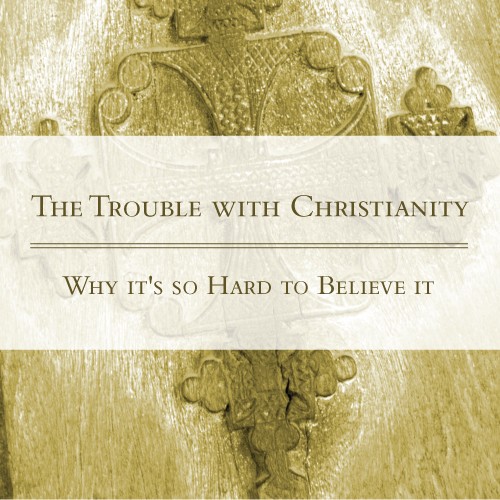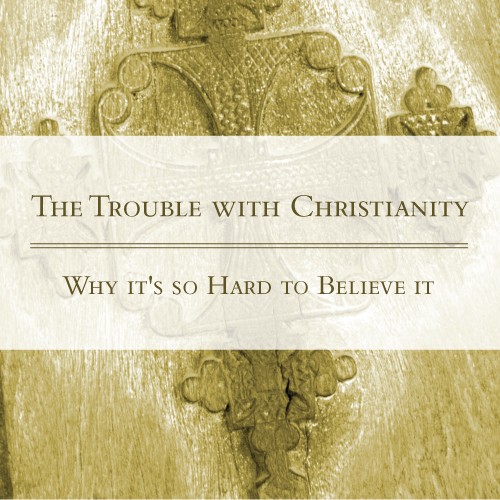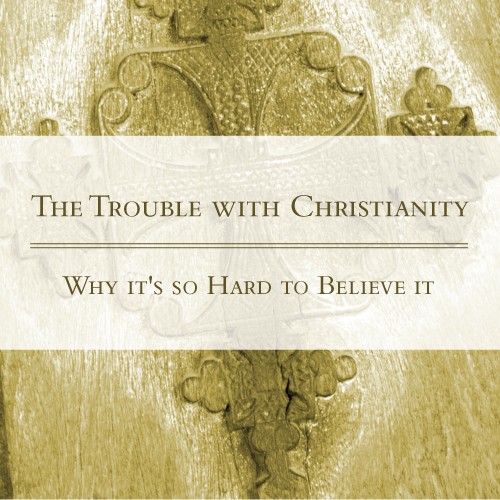
Injustice: Hasn’t Christianity Been an Instrument for Oppression?
Tim Keller | October 15, 2006
Overview
We’re in a series taking the things that people in our culture (especially in New York City) are troubled by with regard to Christianity. This time, the objection could be put like this. The Christian church has a long history of oppression, and people acting in the name of Jesus Christ have engaged in systemic, economic, and cultural oppression of various races and classes. Therefore, the beliefs of Christianity are not credible and we shouldn’t believe them.
What do we say to this? Here’s three things we can learn from the book of James that address the problem. First, the passage will teach us the biblical God actually chooses the poor and the oppressed. Secondly, anyone with a true spiritual connection to that God inevitably does the same. Thirdly, we will learn how we can make that connection.
Outline
James 2:1–17
Christianity has sometimes failed to treat the poor fairly, which is worrying. James’ teachings in the Bible tell us three things to combat this: God has a special place in His heart for the poor and suffering, those who have a real relationship with God should also care for the poor, and it shows how to live out our faith in our actions. These ideas recognize past mistakes but offer a biblical way to address them.
1. The Bible’s God has a soft spot for the poor and suffering
James tells us not to treat rich people better than poor ones. He reminds us that God often uses the humble to teach powerful lessons. This is clear when we see the growth of Christianity among the poor in places like Latin America, where it has brought hope and challenged other ideologies. The Christian message gives the poor worth and purpose, contrasting with those who ignore God and only care about themselves. This makes us question whether the church’s past mistakes should cause us to doubt its teachings.
2. If you really know God, you’ll act like Him
While Christianity says faith is key for being saved, it also shows the importance of doing good, like helping the poor. Being saved is a strange idea because it means we’re both sinners and righteous, accepted by God. This isn’t because we’re good enough, but because of Jesus’ kindness. This should change how we see ourselves and others. Our faith should make us humble, kind, and merciful, challenging what society often values. Martin Luther King Jr. showed this when he fought against racial injustice.
3. How to get this connection to God
Recognizing Jesus as the ultimate treasure frees us from caring too much about superficial things like popularity. Jesus, though He was perfectly wonderful, gave up everything, even his dignity, to take on our sins and give us His righteousness. His selfless act doesn’t care about surface beauty, and it heals our hurts and inspires us to act selflessly for others.



